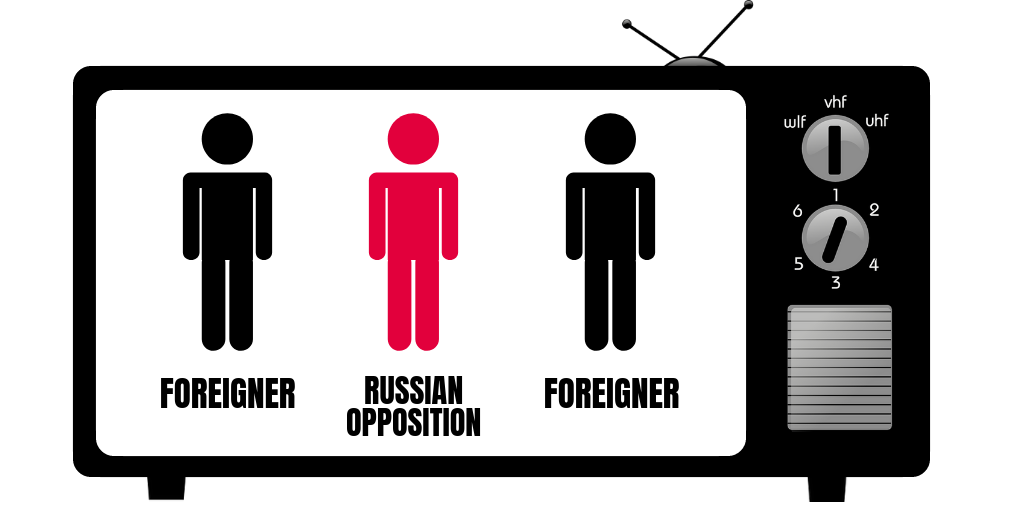“You always place me between two foreigners”
What just happened? Did Russian state media decide to drop disinformation and replace it with democratic debate? Since when has criticism of the authorities been allowed on prime-time Kremlin TV?
Click to watch the video below and see how the talk show host and other discussants giggle towards the end of the video when Leonid Gozman, a well-known opposition politician, openly criticises the Kremlin and its media, like reported by euvsdisinfo.eu.
Judging from the reactions in the studio, Mr Gozman could just as well have told a dirty joke or reminded the others of an embarrassing secret.
Mr Gozman can in fact be said to have reminded the audience of a secret: Like the little boy in Hans Christian Andersen’s fairy tale, he breaks the spell of disinformation, points at the “emperor” – state propaganda – and reminds his fellow Russians that it is in fact “naked”, i.e. just an illusion:
“Once this show ends, everyone in the audience who has been ordered to clap, will come up to me and say, ‘actually, you’re right, we support what you say.’”
The aim is to show dissenters as disloyal citizens
But why this sudden deviation from the norm on state TV talk shows?
Leonid Gozman himself points out in the clip that the role of talk show propaganda is not necessarily to try to prove people wrong if they disagree with the official, Kremlin-approved line. Instead, the overarching aim is to discredit dissenters as disloyal citizens:
“Whenever I’m on your show, you always place me between two foreigners, to ‘show’ that I stand against Russia”.
Worth noting is also that not all dissenters are as lucky as Mr Gozman when the only consequence he faces is smirking and giggling. Click here to watch examples of how e.g. foreign guests on Russian state TV talk shows have been interrupted, shouted at and even physically attacked live on air.
The recording is from the talk show “60 Minutes” broadcast on 29 November. Click here for examples in our database of disinformation broadcast on state TV Rossiya 1.



